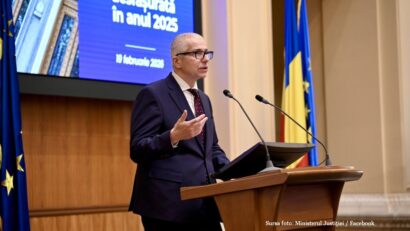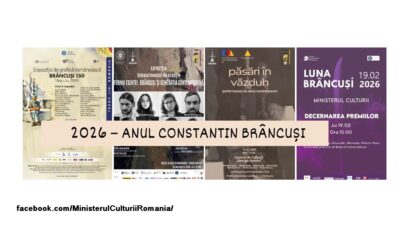Homework and the quality of education
Romanian students will have less homework, under an ordinance of the Education Ministry.

Leyla Cheamil, 08.12.2016, 14:30
Romanian students have often felt overloaded by homework. Children often had to use the time devoted to playing and resting to finish their homework for the next day until late in the evening.
This situation could change with the passing of an ordinance by the Education Minister, Mircea Dumitru, based on which children will have less compulsory homework.
According to the document, the necessary amount of time for solving homework is 2 hours at most for all subjects, so that the average schooling time, both inside and outside class hours, should not exceed 8 hours.
There will be no homework for the preparatory class. Furthermore, during the holidays, there will be no homework for pupils in the primary and secondary education systems, as a general rule. Homework will be assigned differentially, depending on the pupil’s level of training.
Thus there will be a compulsory homework, with an average level of difficulty, to be assigned to all pupils, and the additional homework, to be assigned individually for such situations as compensating and development activities, such as tutoring pupils for contests.
State Secretary with the Education Ministry, Monica Anisie told us: “As a teacher, every time I ration my time I always think that the student shouldn’t spend more than 15 minutes doing homework, because he gets bored and it makes him resent coming to school for pleasure. And let’s face it: this homework are more often than not copied in class or solved by the parents at home. That’s the truth”.
Recent studies show that children overloaded with compulsory homework are underachieving and struggling, also estranging them from school, Education Minister Mircea Dumitru also said. In addition, using homework as punishment is strictly forbidden. The purpose of these measures is, to increase the quality of education, in the context that, over the last years, many voices have called for a re-structuring of the system to make it more efficient.
The Organization of Economic Cooperation and Development has recently made public the PISA 2015 survey, drawn up amidst concerns regarding the waning scientific knowledge of students across the globe. Whereas faring below the OECD average for all the three topics in the survey, science, reading and math, the performance of Romanian students has improved as compared to previous assessments for science and math. In terms of reading, Romanian students have not reported any improvement. (Translated by V. Palcu)






























